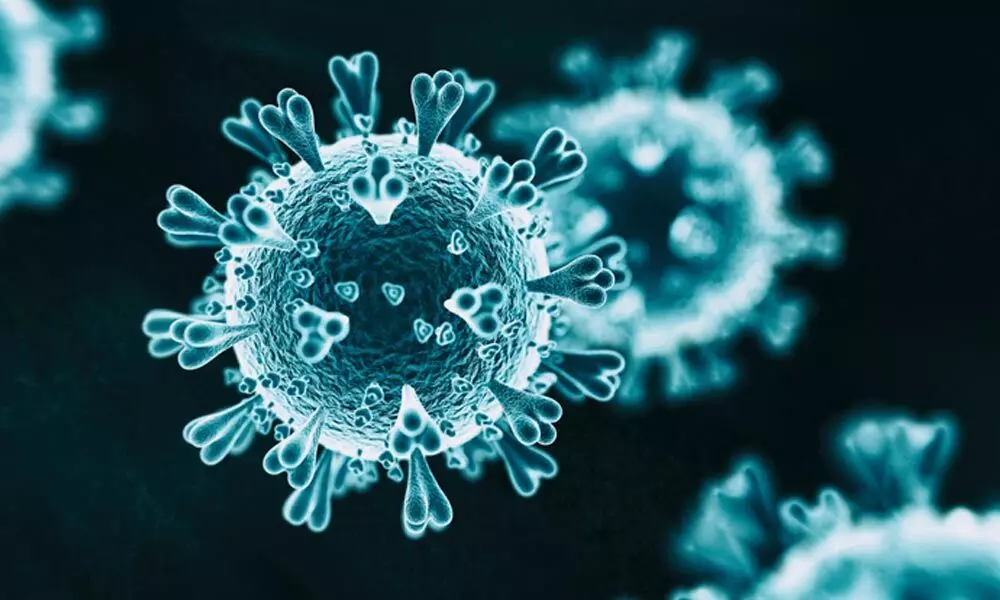Math models new edge in Covid drug trials

Math models new edge in Covid drug trials (Photo for representation only)
Researchers are using computer models to simulate Covid-19 infections on a cellular level - the basic structural level of the human body
Toronto: Researchers are using computer models to simulate Covid-19 infections on a cellular level - the basic structural level of the human body. The models allow for virtual trials of drugs and vaccines, opening the possibility of pre-assessment for drug and vaccine efficacy against the virus.
The researchers at the University of Waterloo used "in silico" experiments to replicate how the human immune system deals with the Covid-19 virus. In silico refers to trials situated in the silicon of computer chips, as opposed to "in vitro" or "in vivo" experiments, situated in test tubes or directly in living organisms. "It's not that in-silico trials should replace clinical trials," said Anita Layton, professor of applied mathematics at Waterloo.
"A model is a simplification, but it can help us whittle down the drugs for clinical trials. Clinical trials are expensive and can cost human lives. Using models helps narrow the drug candidates to the ones that are best for safety and efficacy," Layton added.
The researchers, one of the first groups to be working on these models, were able to capture the results of different treatments that were used on Covid-19 patients in clinical trials. Their results are remarkably consistent with live data on Covid infections and treatments. One example of a treatment used in the model was Remdesivir -- a drug that was used in the World Health Organisation's global "solidarity" trials.
The simulated model and the live trial both showed the drug to be biologically effective but clinically questionable, unless administered shortly after viral infection. The model might also work for current and future variants of concern.
The researchers anticipate the virus will continue to undergo mutation, which could precipitate new waves of infection. "As we learn more about different variants of concern, we can change the model's structure or parameters to simulate the interaction between the immune system and the variants," said Mehrshad Sadria, an applied mathematics student at the varsity. "And we can then predict if we should apply the same treatments or even how the vaccines might work as well," Sadria added.














